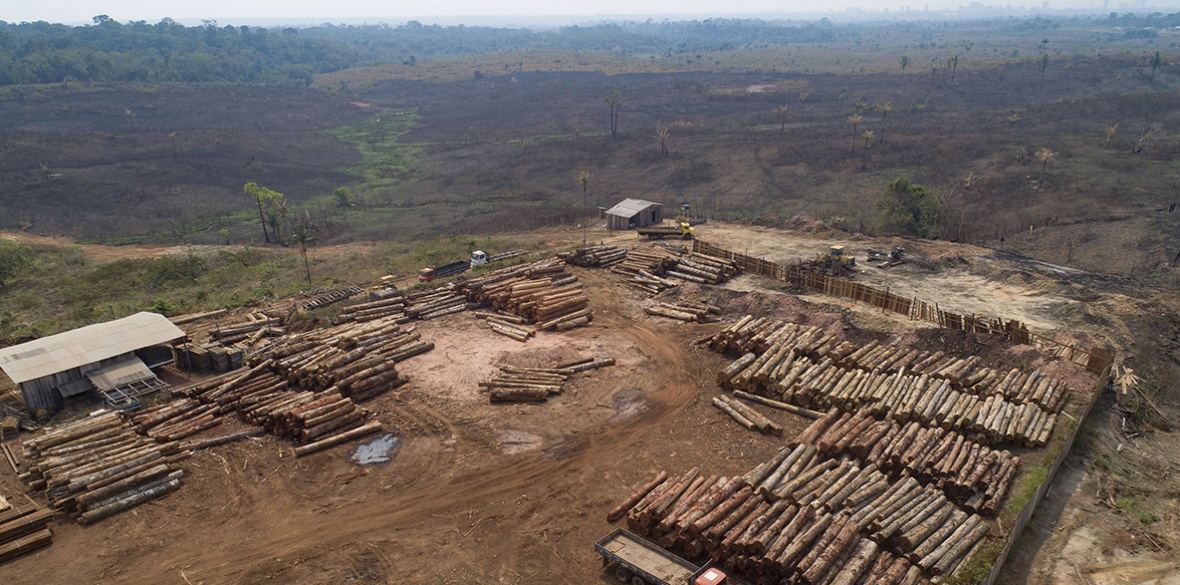This is the last article you can read this month
You can read more article this month
You can read more articles this month
Sorry your limit is up for this month
Reset on:
Please help support the Morning Star by subscribing here
AFTER four years of increasing destruction in Brazil’s Amazon region, deforestation has declined by 33.6 per cent in the six months since President Luiz Inacio “Lula” da Silva took power, according to government satellite data.
From January to June, the rainforest had alerts for possible deforestation covering 1,023 square miles, down from around 2,500 square miles during the same period last year under former president Jair Bolsonaro.
This year’s data, released on Thursday, includes a 41 per cent plunge in alerts for June, which marks the start of the dry season when deforestation tends to jump.
Environment Ministry executive secretary Joao Paulo Capobianco said: “The effort of reversing the curve of growth has been reached. That is a fact: we reversed the curve; deforestation isn’t increasing.”
Mr Capobianco noted that the full-year results will depend on a few challenging months ahead. But, the data is an encouraging sign for Lula, whose electoral campaign last year included pledges to rein in illegal logging and undo the environmental devastation seen while Mr Bolsonaro held office.
The far-right politician weakened environmental authorities while his insistence on development of the Amazon region resonated with land grabbers and farmers who had long felt maligned by environmental laws.
Under his administration, Amazon deforestation surged to a 15-year high.
Jair Schmitt, head of environmental protection at Ibama, Brazil's federal environmental agency, said: “Bottom line, we are prioritising environmental law enforcement.”
However, the continued shortage of personnel means that the task hasn’t been easy, he said. Many Ibama agents retired and were not replaced during Mr Bolsonaro’s time in power, reflecting his effort to reduce the strength of environmental authorities.
Lula has committed to restoring the workforce, but the 700 Ibama enforcement agents remains the lowest number in 24 years.
The federal environmental agency has strengthened remote surveillance, where deforestation is detected through satellite imagery, according to Mr Schmitt.
Ibama agents have also seized thousands of illegally raised cattle within embargoed areas. Such action is effective because it inflicts immediate punishment, whereas fines are rarely paid in Brazil due to a slow appeals process, Mr Schmitt said.
According to Ibama head Rodrigo Agostinho, the value of fines imposed in the first half of the year jumped by 167 per cent from the 2019-22 average and the agency embargoed 2,086 areas — an 111 per cent increase.
The Amazon rainforest covers an area twice the size of India and holds tremendous stores of carbon, so it serves as a crucial buffer against climate change. Two-thirds of it is located in Brazil.











